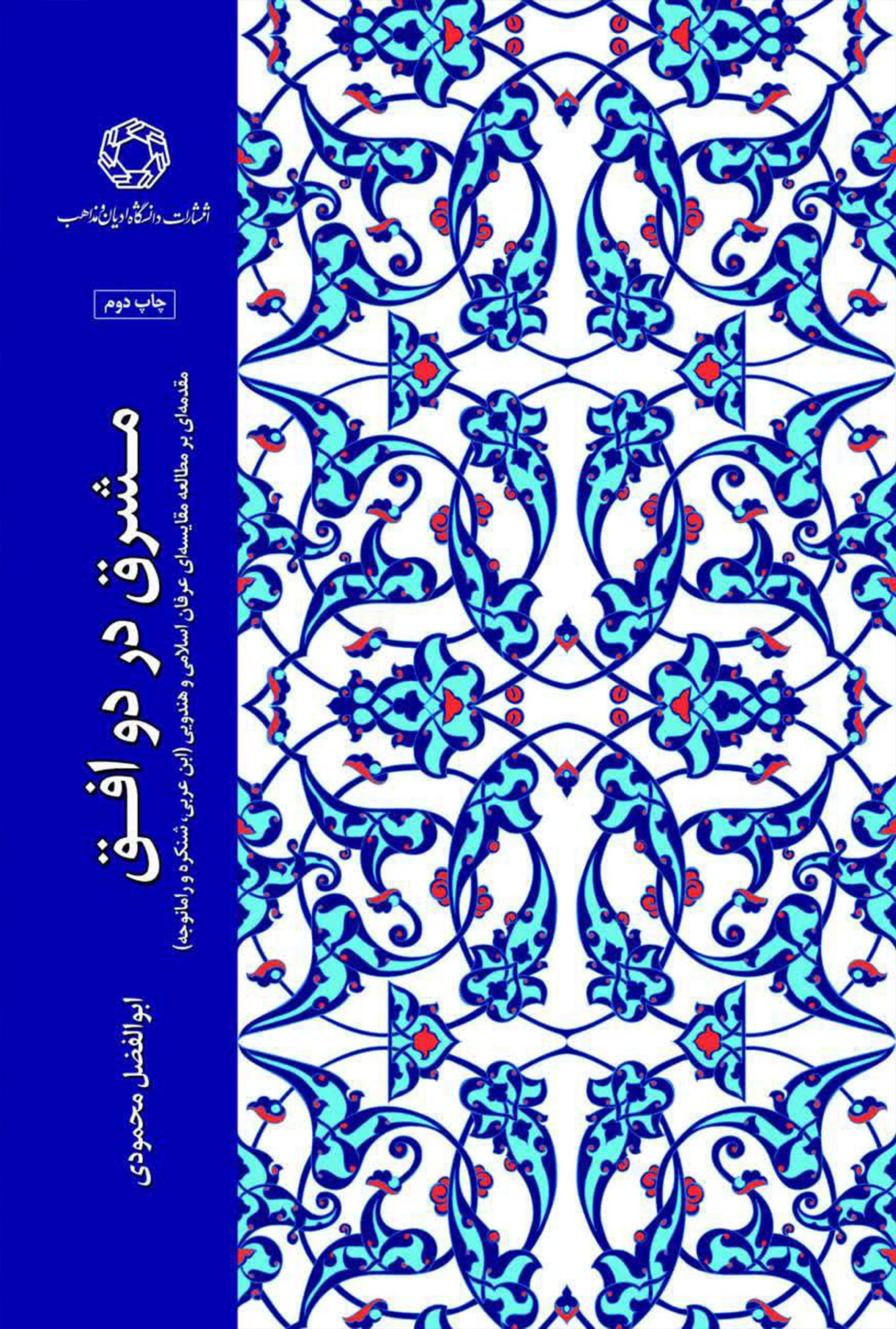The Orient in Two Horizons: An Introduction to the Comparative Study of Islamic and Hindu Mysticism (Ibn al-ʿArabī, Shankara, and Ramanuja)
The book begins by providing a historical context for the development of mystical doctrines within Hinduism, tracing their origins from the Vedic and Upanishadic periods, through the emergence of Brahmins, Atmans, and Mayas, leading up to the intellectual tradition of Vedanta. In addition, the book offers an overview of the cosmological ideas inherent in these traditions. Subsequently, the book delves into the history of Islamic mysticism, which draws its inspiration from the verses of the Quran.
Continuing on, the book offers a comparative analysis of three influential intellectuals and mystics: Muḥyī l-Dīn ibn al-ʿArabī, Shankara, and Ramanuja, who serve as emblematic figures representing the mystical traditions of Islam and Hinduism, respectively. The book provides detailed biographical accounts of each figure. Furthermore, it engages in a comparative examination of their major ideas.
Additionally, the book delves into the perspectives held by these three individuals regarding the origins of knowledge, ontology, the concepts of unity and plurality, the divine and its connection to the world, as well as the relationship between humans and the divine.
| Author | Abolfazl Mahmoudi |
|---|---|
| Cover Type | paperback |
| Publication Year | 2021 |
| Publication status | Republished |

